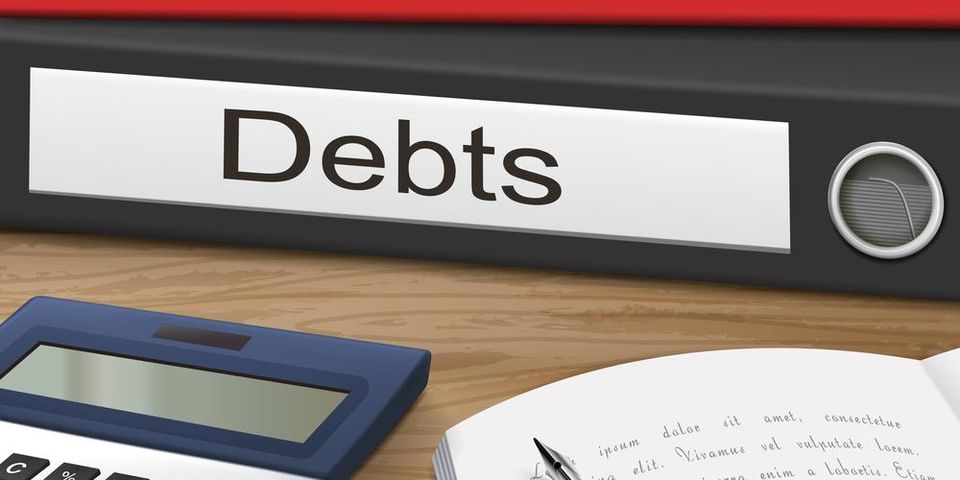
For someone dealing with out-of-control debt and no realistic way to repay it, bankruptcy can offer a second chance. But many people have misconceptions about bankruptcy, or they don't fully understand its benefits and drawbacks. Below, Ozark, Alabama-based bankruptcy attorney Ray T. Kennington, Attorney at Law, answers three of the more commonly asked questions about the process.
Answers to 3 Common Questions About Bankruptcy
1. What Can Bankruptcy Do?
The type of bankruptcy you choose to file will give you specific means of taking back control of your financial life. Chapter 7 is a debt elimination in which most unsecured debts are wiped out by the courts. Chapter 13 bankruptcy is a debt restructuring in which you repay what you owe over the course of a long-term payment plan. Depending on your income level and the types of debt you have, one of these forms of bankruptcy will be more appropriate to your financial situation and will offer optimal benefits.
2. Is There a Minimum or Maximum Amount of Debt Required to File?
 Technically, no. So long as you can prove that your income does not permit you to realistically pay back the money you owe, you can file bankruptcy. Most people who do file, however, have at least $15,000 to $20,000 in debt. Those with less may find it more helpful to try to pay back what they owe, since filing bankruptcy will cause credit scores to drop and will stay on a filer's credit report for at least 10 years.
Technically, no. So long as you can prove that your income does not permit you to realistically pay back the money you owe, you can file bankruptcy. Most people who do file, however, have at least $15,000 to $20,000 in debt. Those with less may find it more helpful to try to pay back what they owe, since filing bankruptcy will cause credit scores to drop and will stay on a filer's credit report for at least 10 years.
3. Can Bankruptcy Stop a Foreclosure?
Yes. Both Chapter 7 and Chapter 13 filings issue an automatic stay on foreclosures. This stay is only temporary, though it can buy you some time as you decide whether to keep or sell your property. Someone who files Chapter 7 might find it better to sell the property as a means of paying down their debt, while someone who files Chapter 13 may be able to retain the property if they can keep up with their current mortgage payment in addition to what they owe on their repayment plan. Every case is different, so consulting with your bankruptcy attorney for guidance is crucial.
To make an appointment with a bankruptcy attorney, call (334) 445-1200 or visit Ray T. Kennington, Attorney at Law, online. Follow him on Facebook for legal advice and tips. Let an experienced lawyer help you find your way to financial freedom.
About the Business
Have a question? Ask the experts!
Send your question

